
Used to be that animated films were primarily the domain of B and C list actors, ranking just above soft-core porn in terms of respectability. One of my childhood favorites, TRANSFORMERS: THE MOVIE, featured such notable box-office titans as Casey Kasem, Leonard Nimoy and a near-death Orson Welles. Nowadays animation is big business, with major stars lining up for the chance to earn a SHREK-sized paycheck. Dreamworks’ latest offering, OVER THE HEDGE, boasts an all star cast that includes Bruce Willis, Steve Carell, William Shatner, Wandy Sykes and others. Willis and Sykes stopped by the Regent Beverly Wilshire in L.A. recently to talk about making OVER THE HEDGE, which opens this week. Check it out.
When did you first get to see the animation of your character?
Willis: It was pretty far down the road. It was at least a year in until I saw any little two-minute segment of animation. Which is another – we’ve been talking about this for awhile, but you guys are our new audience and what can I do? It was by far, and I speak for us both, the hardest thing that we’ve ever done because it’s hard to be funny. It’s hard to make people laugh anyway. It’s hard to do that when you are working with other actors and they are in the same room, in the same space, in the same scene and you’ve got props and things. And a script that doesn’t change and doesn’t continually change. We didn’t have any of those things. We were in a dark room, by ourselves with an audience of five people: the director, the writer, the producer and the guy actually in the control booth. And were actually there by ourselves and none of the actors ever worked together. So, for it to be as funny as it turned out to be from what I’m told. I saw a rough screening of it that still had animated cards on it that say “Here’s a sketch of Steve Carrell’s character and my character doing something.” Because it wasn’t done yet. For it to come together and be as funny as it turned out to be, for both kids and adults is a miracle I think. Unbelieveable that it worked.
Sykes: He’s Bruce Willis so they showed him more. I got like stick figures on a piece of paper and “This is you.” (Laughs.)
Willis: That’s it.
Sykes: “And something’s gonna come out here.” That’s what I got.
Well, you said this was the greatest movie of all time.
Sykes: Yes. The greatest movie ever made. (Laughs.)
Until The Barnyard.
Sykes: I’m not gonna say. This is the greatest movie ever made.
Willis: It’s going to change the course of history I think.
Sykes: I think so.
Willis: There may actually be a cure for cancer in this film.

When did you come on board?
Willis: About three years ago. I think everybody got hired about three years ago, I dunno. You can ask Jeffrey Katzenberg or the writer or director. About three years ago. And they had worked on it two and a half years before that to start and work on the story and pre-produce a lot of things before it even got to the actors. But, it’s scary. And it’s scary to try and be funny. And I asked every day when I came in or at the end of each day, “Is that what you want? Are we going in the right path?” And I think that once I found out that they – and they said it casually, but I’m sure some thought went into it. They said, “Why don’t you try and do this character like David Ansen?” And I fooled around with that and I finally found the voice of this raccoon. This scheming kind of guy and there were some parallels with that character. He’s a lonely little raccoon though. And no girl raccoons in the movie. No guy skunks in the movie. Although Stella has a little romance.
Given your comedic background, was there any sort of improv?
Sykes: Yes. Actually all of us did. We all got to improv and I’m aware of that because the script kept changing. You’d go in and record and then a couple of months later they call you back in and you’re doing the scene again, but it’s all changes because maybe Bruce added something or Garry added something and changed it all around. But, early on, yeah we did get to play around a lot.
With the script or while you were in the booth?
Sykes: While we were in the booth.
Willis: And what we do in the booth affects what the other actors do and vice versa. So, we come back and the script kept getting funnier and better and more focused. At the same time, the animators are working as fast as they can. Sometimes the animation got ahead of the script and sometimes the script got a head of the animation, but it’s like an incredibly hard math problem that no we are talking about it and it’s done and it’s successful and it’s funny, but at the time you never know if it is going to work. But, DreamWorks is very pleased.
Have you ever been able to go over your own
“Hedge”?
Willis: What is the final frontier? Can we come back to that? I’m stumped, stymied. What is my hedge?
Do you prefer the challenge of animation as opposed to being on set with other actors?
Willis: I prefer working with other actors in the room. This is really hard and difficult and I couldn’t imagine a harder way to be creative and funny. And how this film, how these animated films get made. None of the actors ever work together. And there are what? Eight, 10 major characters in this story. No one ever worked together. It’s impossible. I never thought it would be as successful or funny as it turned out to be. Now, that I’ve done it, I would do it again. I would do Over the Hedge 2. It’s a funny character. I sort of know what the realm of comedy is. What the genre of the comedy is. It’s satire. If there is a message it’s about telling the truth and ultimately doing the right thing. And friendship and family is more important than lying and cheating and scheming. But, the point really was to entertain people. It’s just about entertaining people. If there is a message, it’s an afterthought. It’s just about being funny.

So, this was a different experience than Rugrats then.
Willis: Yeah, that was a character that was already established and on the show for a long time. And the novelty of that was that Spike speaks in the film. This new character was created from scratch and it’s not based on any character that already existed. So, difficult.
Wanda, what about the role of Stella attracted you?
Sykes: Um. It was hard at first finding Stella and giving her a voice. I never wanted it to be “There’s Wanda Sykes.” Because comics we do that. A lot of the time we’re just used to delivering jokes. A lot of times it’s too loud it’s almost like it’s turning to camera doing – delivering a joke. And I never wanted to take people out of the movie and go, “Oh, there’s Wanda Sykes.” So, It took awhile and I really needed to think about it. So, I think my first few sessions, I don’t think we used any of that. Because it was like, “This is not right. It just sounds like me.” So, it was thinking about Stella. OK, so Stella has a lot of attitude, but why? In other words, trying to get in touch with that stuf, “Oh, OK. It’s kind of like being a woman.” Always judged by our looks and that’s what Stella is faced with. So, it was about getting to why she was angry. And once I got there, then it was a little easier I think. So, just not be angry and pissed, but have a reason behind that.
Willis: I think I threw away a lot of my early stuff too. It’s a process of going through not necessarily cliché stuff, but the stuff is your first take on the material. To six months character I was doing the character a completely different way. And I think as actors, especially actors who come out of comedy and trying to make people laugh, you’re still working on trying to ground your character in some kind of human – even if you’re trying to be funny, you’re still trying to ground it some kind of human thing. You’re trying to make a human connection like Wanda just said, to this character. This animal character has parallels in the human world and that’s kind of the metaphor of the film. That animals as humans and behaving in human ways and talking to each other like humans would talk to each other. And, the satirical part of it is holding a mirror up to society and the stupidity of what can be stupid about suburban life style.
Know you haven’t seen the movie yet, but there are a lot of movies coming out with furry creatures. Why should a family go see this one?
Willis: I haven’t seen any of those other films, so I don’t really know. I don’t have any way to compare it. I know that just from the testing that this studio has done. This film has tested higher than any other animated film that’s ever been done.
Sykes: It tested higher than The Godfather! (Laughs.)
Willis: It tested higher than The Passion of the Christ. (Laughs.) I’m just kidding. But, I don’t know how to answer that. I think it’s just miraculous that it is on funny on a broad a range of audience members that it can possibly be. There are jokes in there that were specifically written and meant to make kids laugh. There are jokes meant to make teenagers laugh and there are jokes that are specifically there to make the adults laugh.
Sykes: Also, I think, like Bruce says it’s funny. That’s the first thing up front. I think if a family goes and sees this movie, they will walk out and talk about it later on. Kids will have some questions and, y’know, that’s what I think makes a good movie, when it sticks with you and it sparks some kind of conversation. I think this has all those things in it.
Sykes: And The Wild? That’s just a rip off of Madagascar. It’s a Madagascar rip off, omigod. You watch the trailer, “Oh, that’s Madagascar!” (Laughs.) They’ve ripped off Madagascar. Who doesn’t see that this is Madagascar? Let’s just call this Madagascar 2. That’s all I’m sayin’.

Have you been approached about a sequel?
Willis: Any time a film has the potential like these animated films have to make a ton of money, of course the option is there to make Over the Hedge 19 until all the blood is drained from my body. But, as hard as it is, it’s rewarding. Because my favorite part of the film is not any particular scene, but the first time I saw the film with an audience to hear kids laughing and to hear adults laughing is what the goal was when we were first hired was to try and make people laugh. And there were a lot of times when I said, “Is this funny?” I’m asking the writer and director, Tim and Carey, because you’d be so lost. And sometimes I would go into the studio after I had worked all day on a film that was completely different than the realm of trying to be funny. And I was shooting 16 Blocks which is this very serious dour, alcoholic, beat-up character and I’d go into the studio and have to leave that outside and try to be R.J. and be funny, wheeeee! And it makes you feel vulnerable, because it’s like standing in your underwear in front of the principal. And of course you don’t have anything to work with, but your imagination and the template of the story and a director and a writer who go, “Oh, that’s funny. Let’s try something like that.” And they’ll come up with lines and different things, but continually for the better, I think, and the funnier. But ultimately, the rewarding part is – and you must feel the same way when you’re on stage doing stand up – is that when you hear people laugh you go “Yeah. Thank god they are laughing.” There is nothing worse than trying to be funny and people just go, (says nothing). Devastating. Devastating.
What’s going on with Die Hard?
Willis: Well, it’s still being talked about. If I stay alive long enough, I’m sure it will happen. I dunno. I know they are still working on it.
Is there a time frame? Will you at some point say, “No more Die Hards”?
Willis: No, I will do it. I’m just waiting for the script to come around. Thanks for asking. I get asked about it all the time. I guess people want to see it.
Questions? Comments? Manifestos? Send them to me at [email protected].


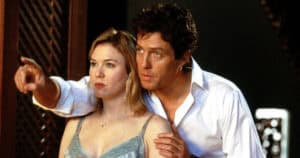
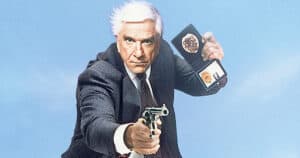

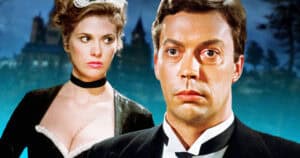


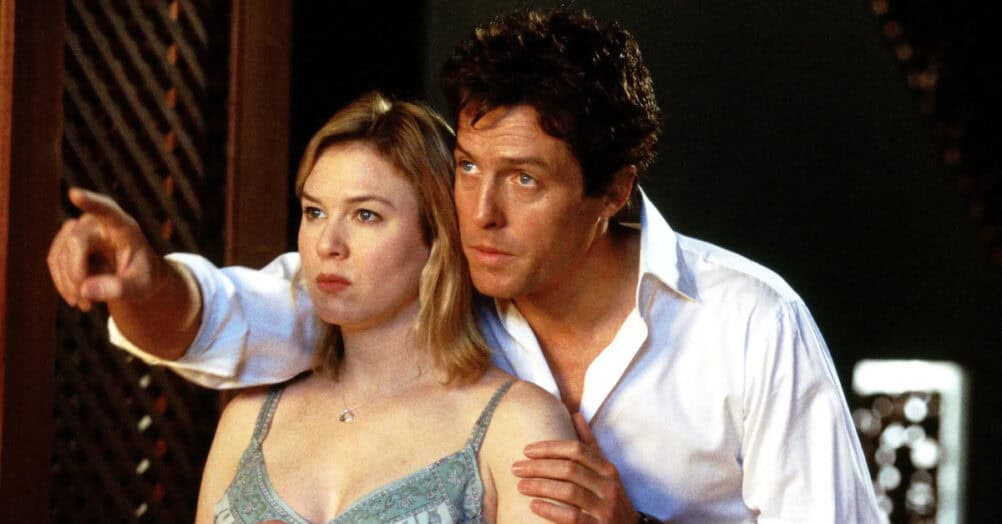
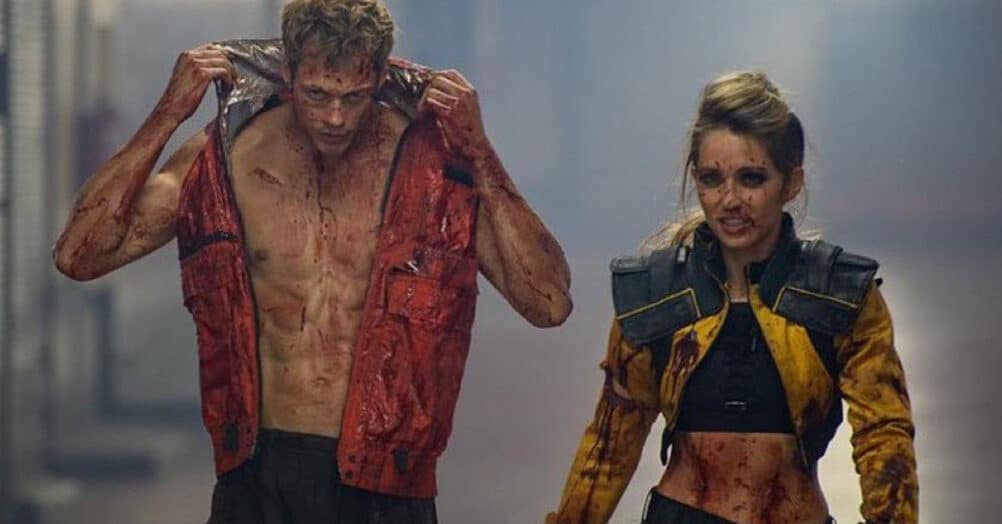
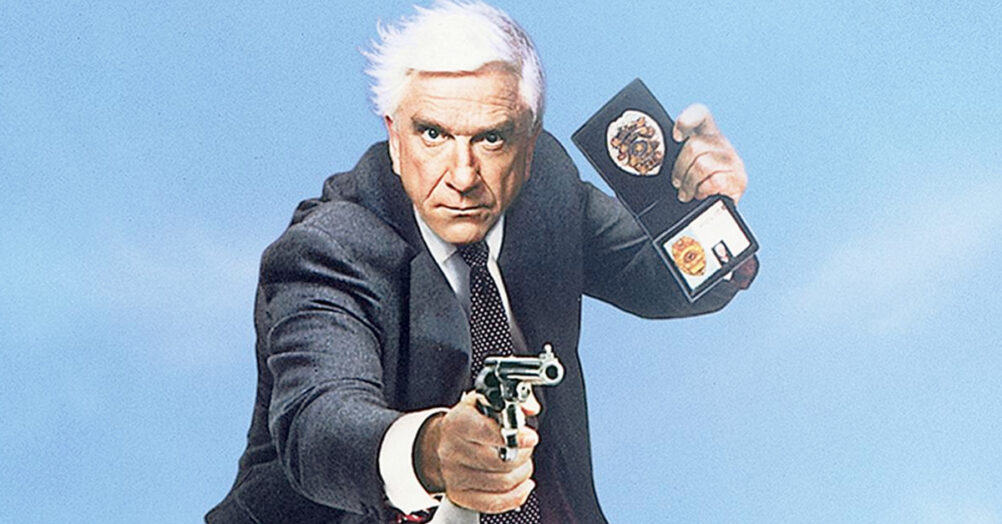
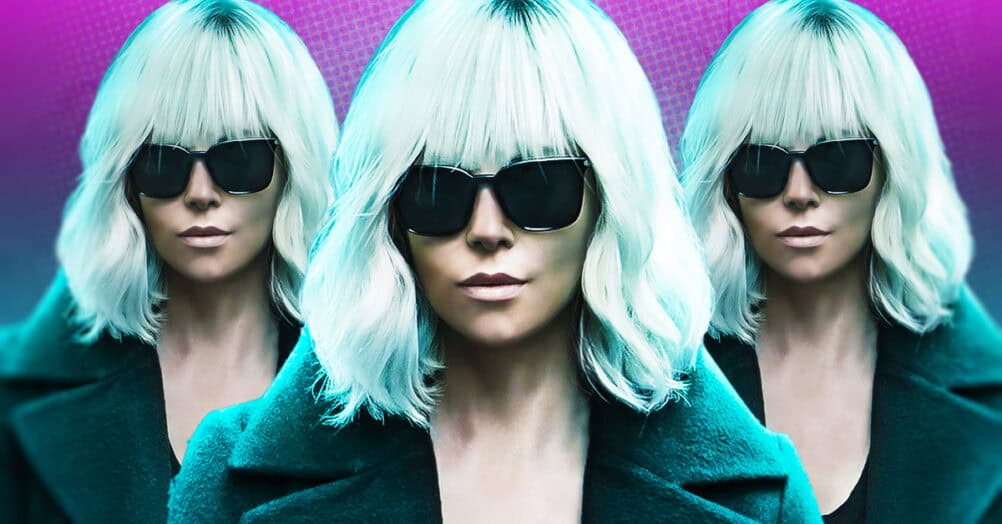
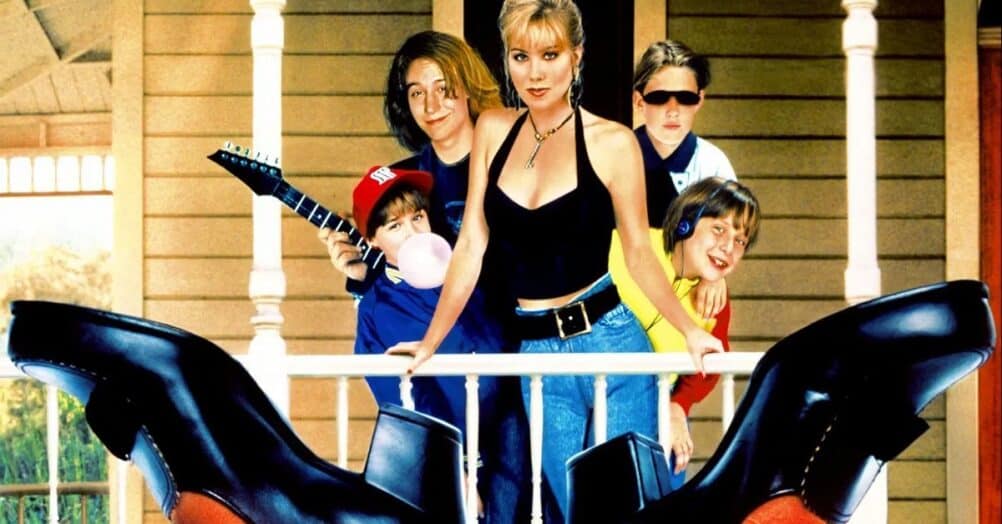
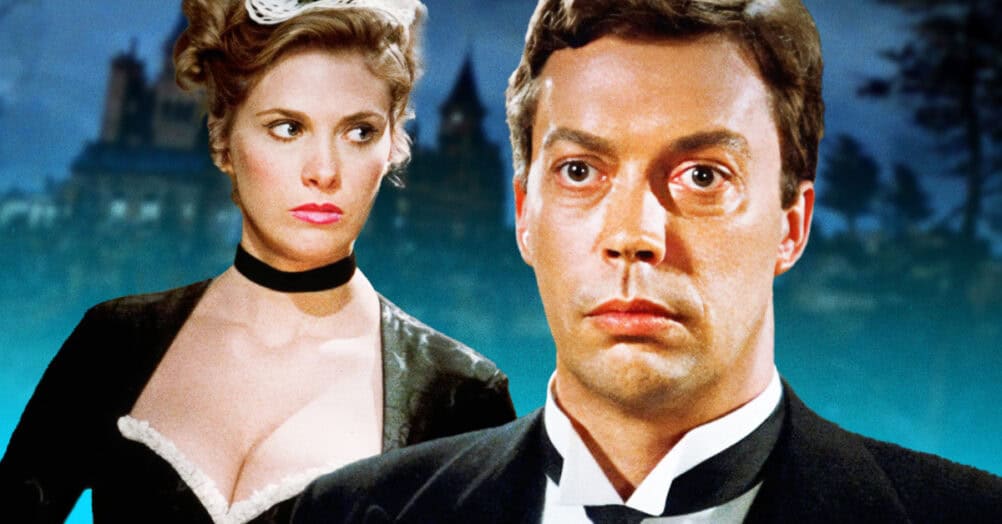
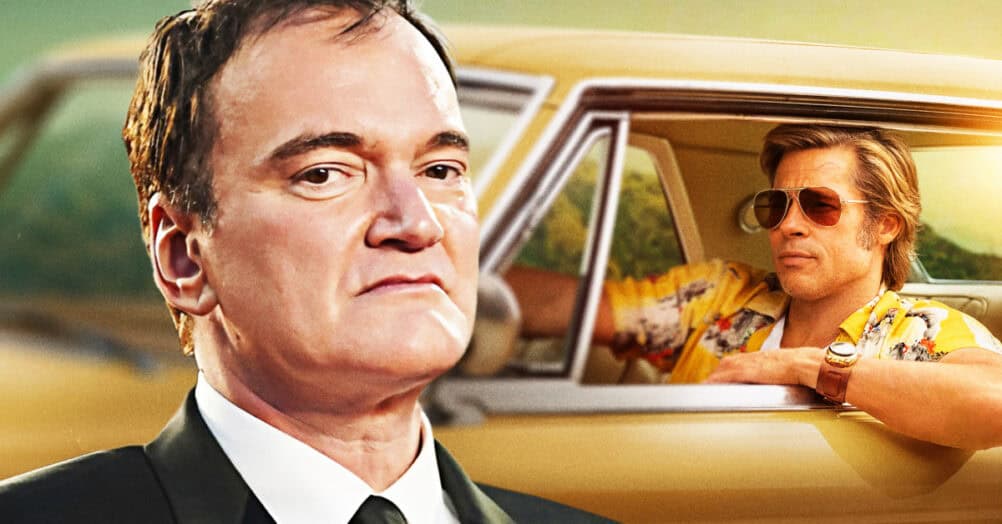
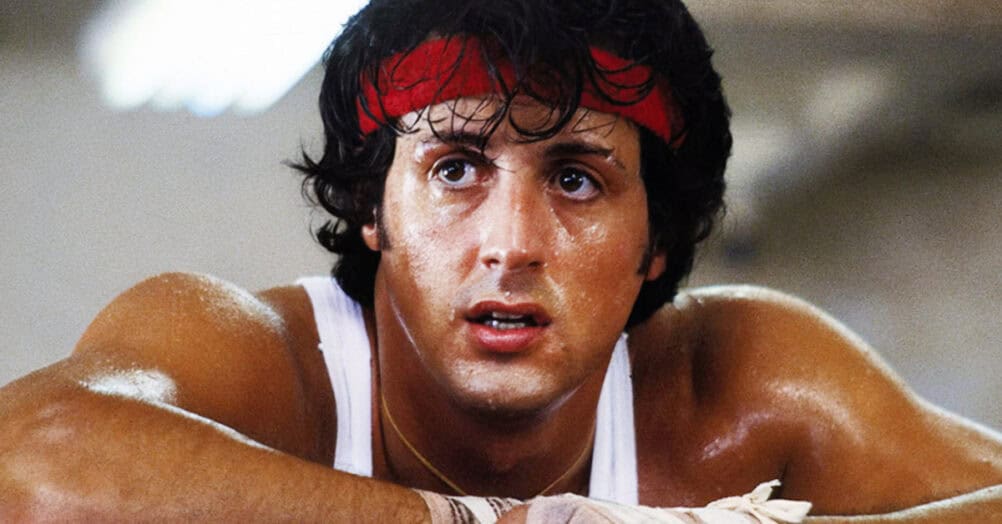

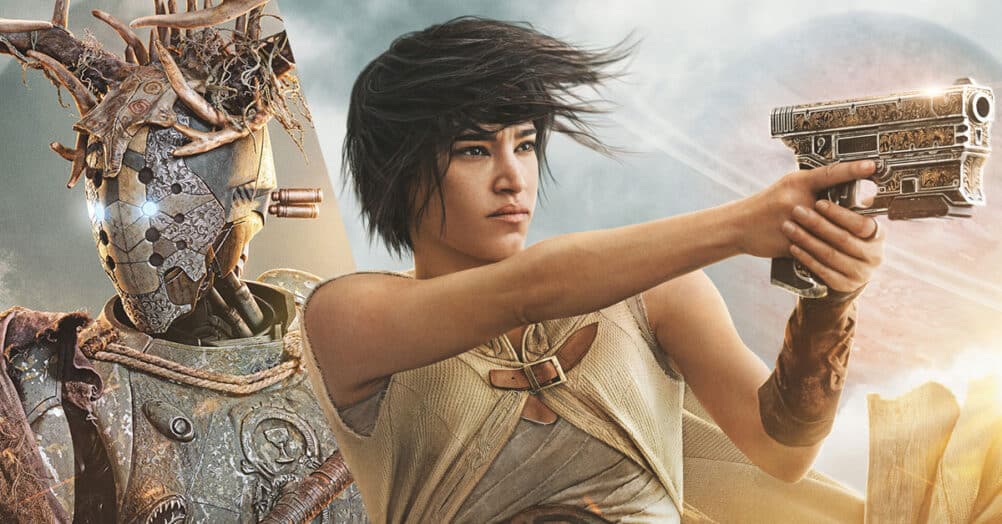
Follow the JOBLO MOVIE NETWORK
Follow us on YOUTUBE
Follow ARROW IN THE HEAD
Follow AITH on YOUTUBE